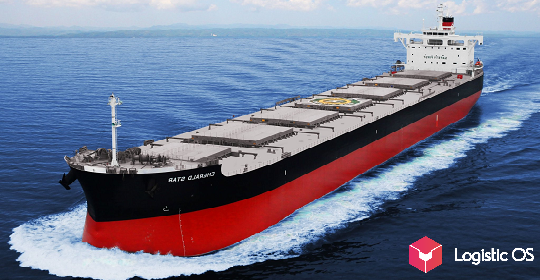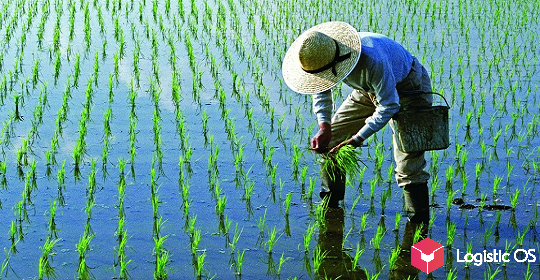Russian agrarians still have big problems with their own seed production — for many crops, dependence on their imports is from 30% to 90%.
However, there are still plans to force importers to play by their own rules.
As Deputy Minister of Agriculture of the Russian Federation Oksana Lut noted, the department plans to change the principles of cooperation with foreign breeding and genetic companies.
As an unconditional requirement, there should be localization in the Russian Federation. And it’s not just about opening a representative office, but about:
— Foreign specialists trained Russian
— Built full-fledged laboratories
— Transferred technology
— Jointly owned in Russia were not only hybrids, but also the original lines, that is, mother plants
2022 was in many ways a year of unpleasant discoveries for the USDA, Loot noted.
For example, it was believed that the localization of foreign companies producing agricultural machinery was high, but it turned out that this was not the case. And this created a big problem.
Now the department plans to more tightly control such moments. Otherwise, high risks are created, including the food security of the country.
After all, what happens if the companies that previously actively supplied a significant share of seeds to the country simply leave?
For example, Corteva did this. As Lut noted, she acted “ugly” by curtailing all her capacities in the Russian Federation. And now she plans to switch to a simple import to Russia of products manufactured abroad.
But, as the deputy minister noted, most likely she will be banned soon: the country will switch to cooperation only with those companies that meet the requirements for localization.
Previously, the ministry was in no hurry with the implementation of the federal scientific and technical program (FSTP) for the development of its own selection, but recent events are making it accelerate.
What are the possible difficulties?
As Oleg Tkachenko, General Director of the Shtrube Rus seed-growing company, noted, there are at least 3 difficult moments.
— Regulatory.
Foreign companies must understand the principles by which everything works, and for this, transparent rules must be adopted that will remain so for decades, since localization is not a quick process.
— Technical.
Both the cultivation of personnel and the construction of laboratories cannot be done in one day. In addition, in the Russian Federation there is not even enough space for seed propagation: in the southern regions they are expensive and not equipped with irrigation systems.
— Legal.
When bringing parent lines to the Russian Federation, foreign breeders must have guarantees that their intellectual property will be protected and that the Russian Federation will not supply their products to other countries without their participation.
Therefore, according to Tkachenko, all these points must first be settled, so that the transition to a new system of principles is likely to be slow and gradual.

